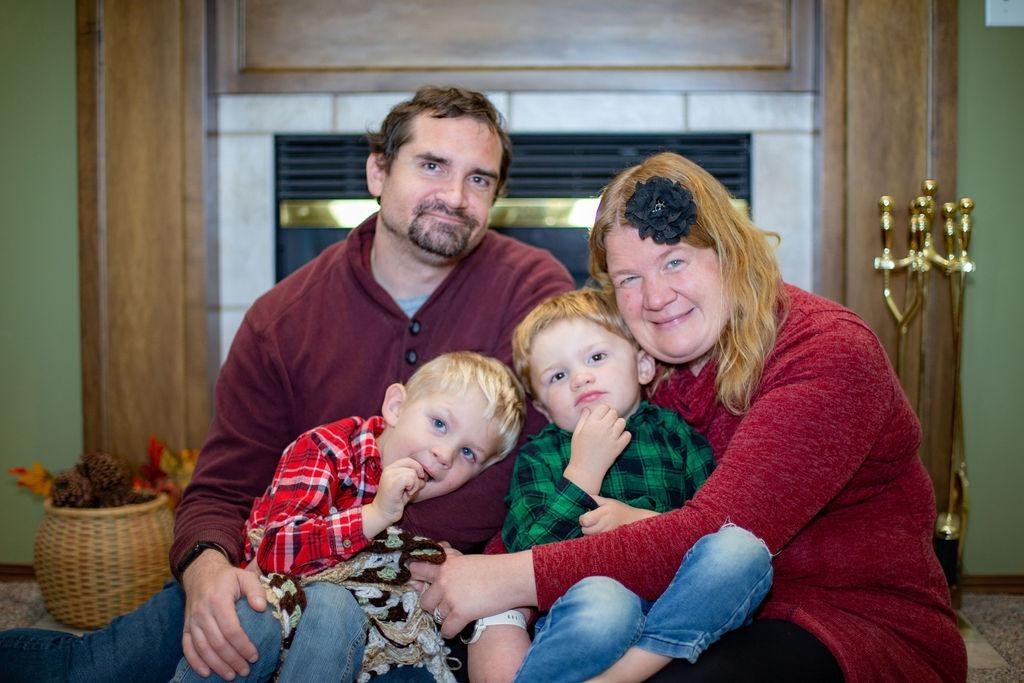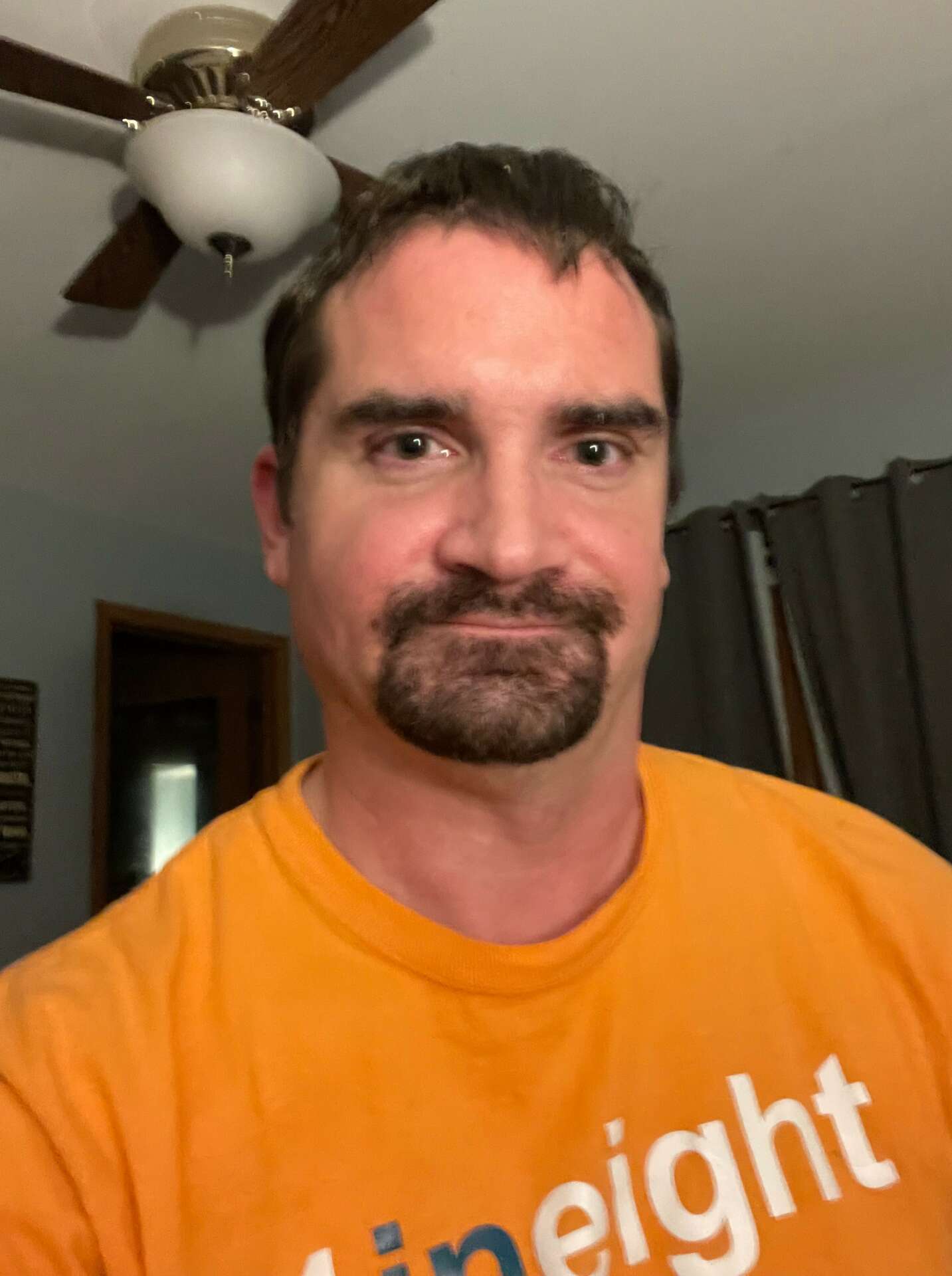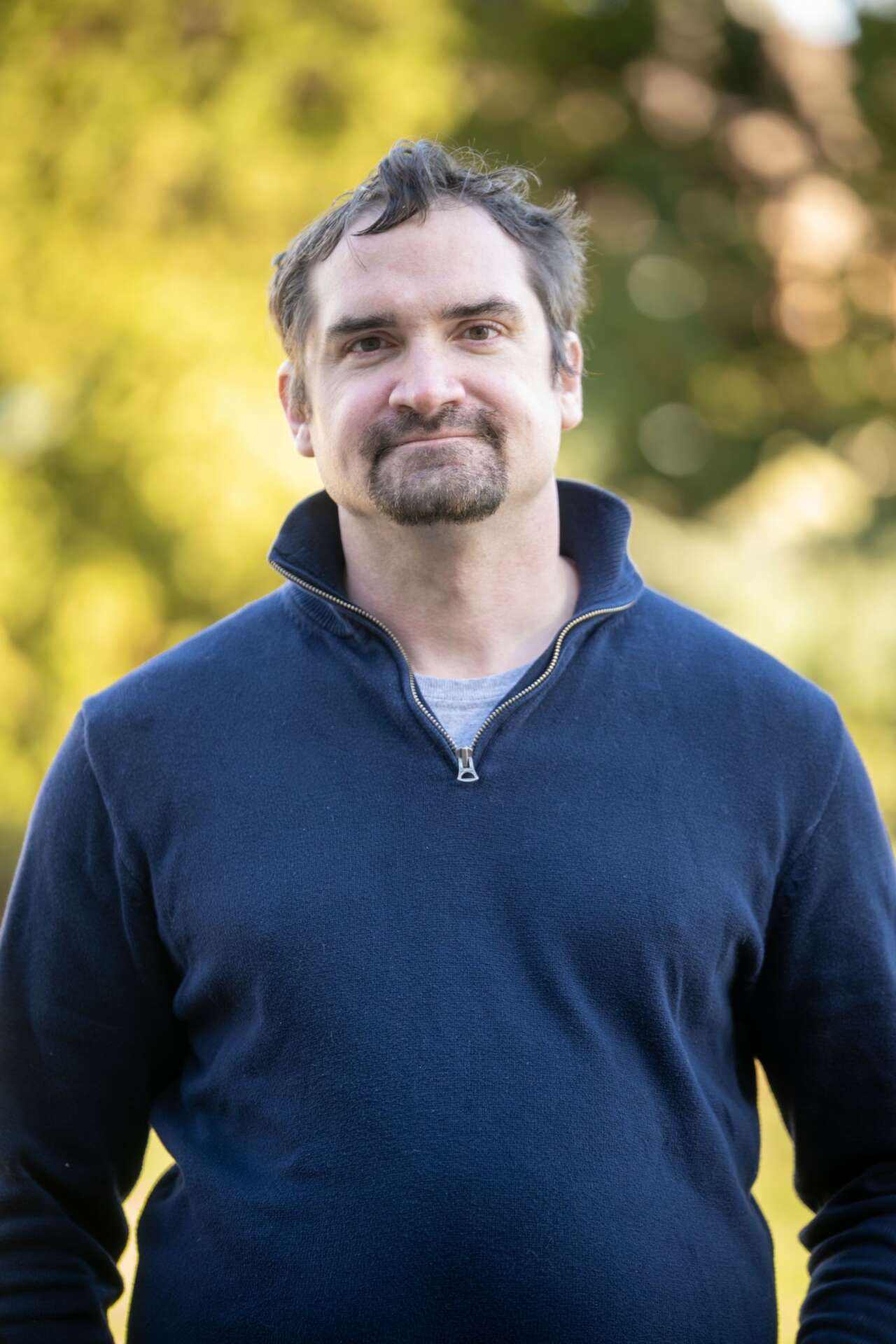We recently connected with Steven Miller and have shared our conversation below.
Hi Steven , thanks for joining us today. Was there a moment in your career that meaningfully altered your trajectory? If so, we’d love to hear the backstory.
It was the last day of my previous job and many of my coworkers and I were going out for drinks after work. The coworker who always sat in front of my workstation had numerous conversations about infertility and IVF, as her husband’s brother and wife were doing IVF. They had four failed transfers, and my coworker had provided her brother-in-law with my podcast to help him through some of the rough waters of the infertility journey. We sat at the restaurant when I started talking with my co-worker’s husband. We talked about podcasts and how he knew I had a podcast, but his wife wouldn’t tell him about it. I explained that my podcast was about the male experience of infertility and stated that he could understand why she gave it to his brother. The husband continued to talk about how difficult this journey has been for his brother and wife. He stated that it wasn’t until my co-worker had asked his brother about how he was doing that he realized he hadn’t even considered how his brother was doing and was focused on his wife. It opened his eyes that men experience emotions and feelings around infertility, and he now checks in with his brother. All it took was a conversation with a co-worker to affect change in approaching infertility as a couple’s issue instead of a woman’s issue. It made me realize that what I was doing was actually making a difference and was a defining moment.

Steven , before we move on to more of these sorts of questions, can you take some time to bring our readers up to speed on you and what you do?
My story technically started in 2014 because my wife and I were diagnosed with infertility then. I did not know it while we were going through IVF, but this experience shaped my career path. We were lucky to be able to conceive, via IVF, twin boys who are now 4.5 years old. I’ve been in the field of social work since 2009, working with youth and families and providing case management. My previous supervisor had encouraged me to return to school for my MSW, as I could not advance without it. With two-year-old twins, I took the plunge and applied to the one MSW program that made the most sense: the Part-Time MSW program at UW-Madison.
In one of my first classes, our director had said, “Most people go into this program thinking they know what direction they want to focus, but often find that they change their mind.” This statement caused me to think about what I would change. I knew I wanted to work in mental health, providing therapy, but which population would I want to focus on? Working with youth and families made sense since that was my experience, but my intuition pulled me from this idea. I wanted to be part of something bigger and started questioning what I could do with my experience of infertility. So I did what most people would do and did a search on Amazon to see if there were any textbooks on the topic of infertility counseling. Sure enough, there was a textbook on Fertility Counseling by Sharon Covington, LCSW. I quickly searched her name and found her email. I emailed, not expecting an answer, but hoped that she would have some advice about getting into the field of Reproductive Mental Health. To my surprise, she replied back with some advice and recommendations, which she encouraged me to join the Mental Health Professional Group through the American Society of Reproductive Society. After about a month of debating internally, I ended up joining the group, which was the best decision I had made.
At this time, I was taking the Human Behavior and The Environment class. I searched the index to see if infertility was in the textbooks we used in class. Quickly, I realized that the chapter we were covering in week 7 included the topic of infertility. There was a case study of a couple going through IVF and further detail about infertility. Just a couple of pages, but prior to this, I had not seen infertility in any of the textbooks or assignments in my classes. I was elated that we were finally going to talk about infertility and could not wait for week 7. Week 7 came, and no discussion of infertility in our readings or assignments. It left me questioning why. Why is this not being talked about? The statistics show that 1 in 8 was impacted by infertility, so the issue is prevalent. Research has also shown that the psychological distress of someone receiving a cancer diagnosis compared to someone receiving a diagnosis of infertility was not statistically different (Domar, Zuttermeister, & Friedman, 1993). I continued asking why and started asking my colleagues if they had ever discussed infertility and mental health in their education. The answer I got was no, and every time I brought this up, someone either experienced infertility or knew someone that did. This led to my advocacy for discussing infertility and mental health within social work and the other helping professions, starting my own podcast about the male experience of infertility, and speaking at conferences encouraging people to include this topic in their curriculum.

Can you tell us about a time you’ve had to pivot?
When I entered the Part-Time MSW Program at UW-Madison, our director stated during our first semester, “Often people come into this program thinking they know what they want to do with their MSW and end up changing what they want to do.” I started to question what I would change to. At that point, I was unhappy with my job and wondered where to make the biggest impact. I had read some research that showed that making meaning out of one’s infertility journey helped people cope with being diagnosed, especially men. This led me to start thinking about what I could do with my experience through infertility as I reflected on the journey. At this moment, I was listening to my favorite band, Umphrey’s McGee, and their song “Nemo” was playing.
The lyrics were this:
“So be demanding when no one is listening
You’ll always find an ear.
Set in motion
What your life’s missing
You’ll always find a need.”
When I was going through infertility, there was very little information on the psychological toll that infertility has on men. A lot of the information I came across was about the causes of male infertility, what I could do to increase my sperm count, and other facts about male infertility. By the second semester, I quickly realized that infertility and mental health was rarely discussed in the classroom. This was a huge problem for me. If we’re not talking about infertility and its impact on mental health in the classroom, how are future therapists/counselors supposed to know how to support someone that is experiencing these issues? In Wisconsin, only 5 people in the state specialize in Reproductive Mental Health, and all of them were women. There were no options for men who would prefer to speak with another man about these issues. Seeing the gigantic gap in service, I decided to opt to specialize in Reproductive Mental Health to be an option for other men on the infertility journey.

Let’s talk about resilience next – do you have a story you can share with us?
My decision to focus on Reproductive Mental Health and the lack of education surrounding infertility, I had tried to think of ways to bring awareness to students. Most of my professors had assigned podcast episodes, articles, and other forms of media that would appeal to varied forms of learning for students. I thought, what better way to bring awareness than having a podcast episode on the topic of infertility and mental health, so I started researching top social work podcasts. When I found my list of podcasts that made the most sense in having an episode on infertility, I started emailing and messaging on social media requesting an episode on infertility and mental health. For months, I did not get any responses, and then finally, I got a response from the podcast Social Work Talks-NASW. After some back-and-forth emails, I got an email from Greg Wright, the podcast host, wanting to talk further about doing an episode. This was October 2021, when I took the phone call while sitting at the airport, leaving the ASRM Conference in Baltimore. I honestly thought that I was going to have to sell him on the idea of why infertility would warrant being a topic that was covered, but when he said the words, “We would like to have you on as a guest”, I was elated and quickly scheduled the recording for November. I have never been on a podcast, nor did I know the proper protocol for recording, but I went into the recording, telling myself I do not need to be perfect to make a difference.
The day had come to record the episode, and I was beyond nervous. During sound check, the audio producers realized my sound was too low to record. I did not have a microphone besides the one built in my computer. Improvising, we decided to use my phone to record. Honestly, this was the best-case scenario for me since instead of thinking about all the people that were going to listen, in my mind I was having a conversation about a topic that I was passionate about with one person. This was more doable compared to thousands of listeners. I have since been on multiple podcasts talking about infertility, and in May 2022, I decided to start my own podcast called MILES: Men, Infertility, and Life Experiences. The podcast focuses on the male experience of infertility. The podcast will merge with a nonprofit Men’s Helpline podcast in June 2023. Men’s Helpline focuses on providing education, awareness, and support for men experiencing infertility and/or miscarriage. I also joined the Board for Men’s Helpline earlier this year. If you have something you’re passionate about, be demanding when no one is listening. You’ll always find an ear.
Contact Info:
- Website: https://menshelpline.org/
- Instagram: https://www.instagram.com/sjmiller2024/
- Linkedin: https://www.linkedin.com/in/steven-miller-7082b1191/
Image Credits
Michelle Meyer (Family Picture only)


